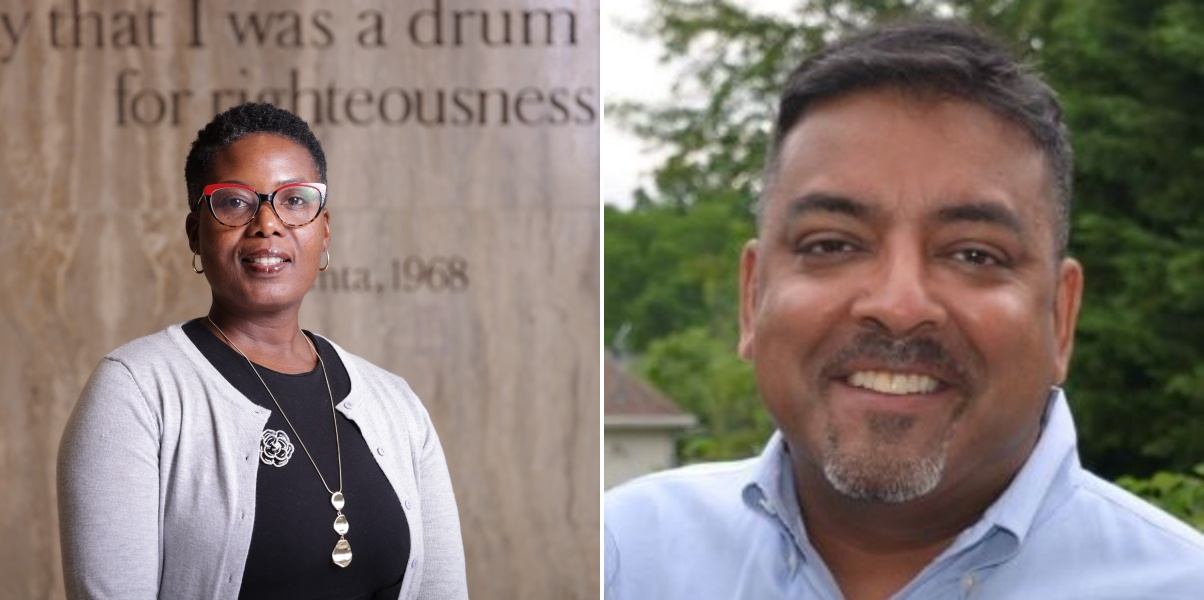By Andrea Stevens
AFRO Staff Writer
astevens@afro.com
At Howard University’s School of Business, entrepreneurship is more than just a course of study. It is a culture, an ecosystem and a community of aspiring business leaders equipped with practical skills, alumni support and access to leading-edge innovation.
The school’s commitment to entrepreneurship is evident through its partnership with PNC Bank and the creation of the PNC National Center for Entrepreneurship. Headquartered at Howard, the center delivers hands-on programming, mentorship and technical training not only for students but also for the surrounding community.
“We provide programming for our students, mentoring around their entrepreneurial endeavors and technical skills,” said Vaneesha Dutra, an associate professor of finance at Howard’s School of Business. “We’re proud of the unique support systems in place that help students translate what they learn in the classroom into real-world success.”
One aspect that sets the program apart is the intentional formation of student cohorts. Students are grouped based on their business focus and skill sets and they collaborate throughout their academic journey. These cohorts remain connected to alumni networks, allowing for continuous mentorship and peer learning.
“Howard’s unique combination of rigorous curriculum and practical application ensures that our graduates are not only knowledgeable but also capable of putting their ideas into action,” Dutra said. “We can stack our students up against any institution. What makes me excited about being a professor at Howard is our adaptability and our ability to equip students quickly with technical skills.”
Robert Singh, associate professor of management at Howard, joined the institution two years ago after two decades at Morgan State University. Singh’s research focuses on the challenges facing Black entrepreneurs, and he said Howard’s mission closely aligns with his work.

(Photo Courtesy/ Robert Singh)
“The university values entrepreneurship within its business curriculum,” Singh said.
Singh’s industry background and academic experience align closely with the mission of Howard’s School of Business, which blends real-world application with academic rigor. His transition from engineering and private sector work into teaching reflects the type of multidimensional expertise the school emphasizes in preparing students for leadership and entrepreneurship.
“Every week there are famous entrepreneurs, politicians and business leaders speaking on campus, and I learn from my students just as I try to teach them,” said Singh.
Howard has expanded its curriculum to include emerging technologies, particularly artificial intelligence. Faculty members are working with industry leaders to help students understand how AI can streamline operations and reduce costs, a critical advantage for new entrepreneurs.
“Howard is preparing business leaders for tomorrow,” Dutra said. “And we’re doing it by staying responsive to the needs of industry and giving students the tools to succeed.”







